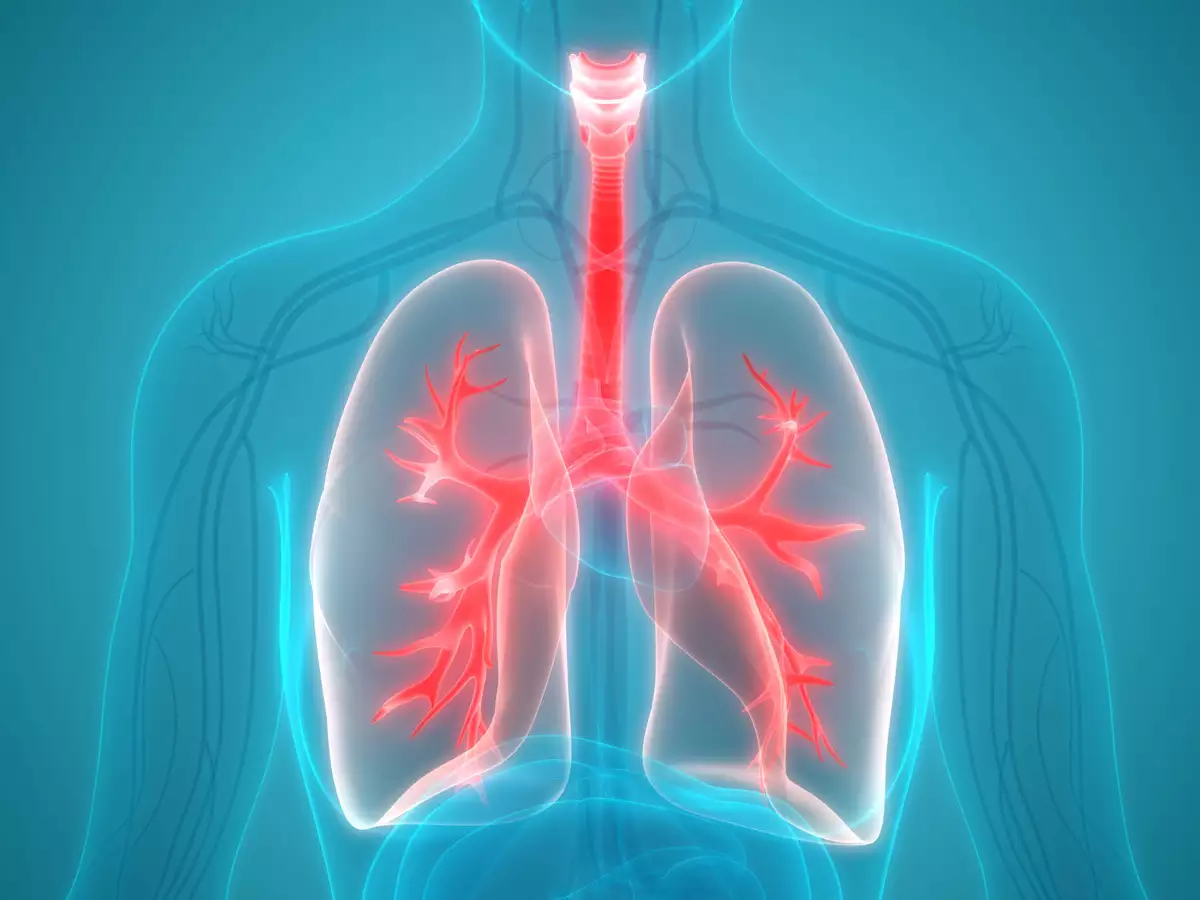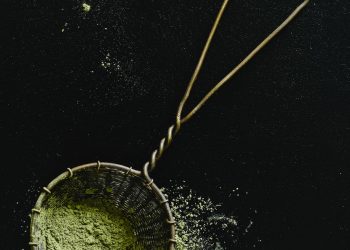Chest congestion is the excessive mucus production in your chest due to inflammation of your respiratory system.
An infection may irritate the mucous membranes or mucosa in the walls of your respiratory system. Thus, the mucosa lining may secrete more fluid or yellowish phlegm. A congested chest is merely the excess build up of this phlegm or mucus in your lungs.
There are various causes of chest congestion such as; bacterial and viral infections due to common cold or flu, pneumonia, bronchitis, allergies, tuberculosis, asthma, gastroesophageal acid reflux or GERD, and cigarette smoking.
A congested chest leaves you utterly miserable. Some of its common symptoms are persistent coughs, common cold, fits of coughing, chest pain, headache, dizziness, runny nose, problem in breathing, phlegm, coughing phlegm and blood, etc. (1)
If you go for an over-the-counter medication to get rid of chest congestion, the doctor may recommend you a decongestant drug such as Guaifenesin. (2)
These decongestant drugs have many side effects and are costly.
When it comes to treating chest congestion, millions of people around the world prefer natural remedies to the conventional treatments.
In this article, you’ll learn some comfortable and safe home remedies for chest congestion. These are natural and more reliable ways to treat chest congestion overnight.
Keep on reading and learn:
- 17 home remedies for chest congestion.
- Additional tips and precautions.
RELATED: 14 Quick Ways to Get Rid of Mucus Naturally
17 Natural Remedies for Chest Congestion
1. Apple Cider Vinegar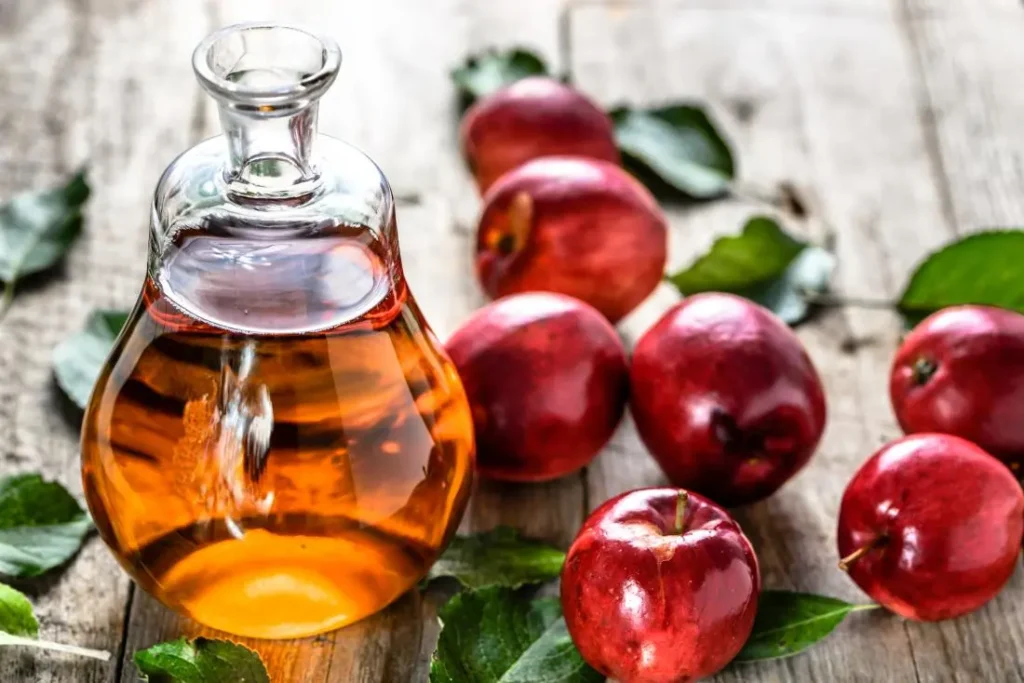
Apple Cider Vinegar or ACV is a pale amber-colored vinegar made out of apple must. It is a combination of fermented apple juice and acetic acid. (3) Like all other vinegar, ACV has a strong smell and sour taste.
For centuries ACV has been used for various purposes. It is a potent cure for flu, sores, diabetes, even cardiac problems. No wonder why people consider ACV as a panacea in the home remedy.
The anti-inflammatory properties can effectively loosen up the thick phlegm and expel it from your lungs.
Directions:
- You need to prepare a solution by mixing 1 tablespoon of ACV with 1 cup of lukewarm water.
- Gargle with this potion twice a day.
RELATED: How to Use Apple Juice for Constipation Relief
2. Fenugreek Tea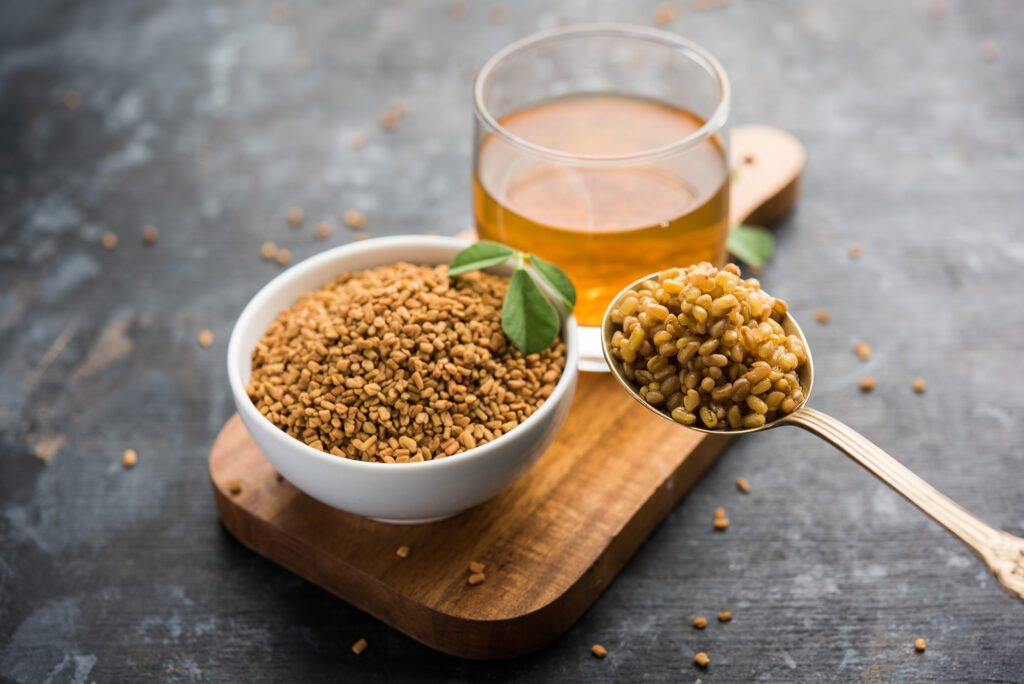
The aromatic fenugreek seeds or methi come from the fenugreek herbs. Fenugreek seeds have a long tradition of medical uses in the Indian subcontinent. It has a pungent taste and strong smell.
The anti-inflammatory and antibacterial properties of fenugreek seeds are potent antidotes for your respiratory tract infection. (4)
Directions:
- Soak 1 teaspoon of fenugreek seeds in a cup of water overnight.
- Later, strain the water and warm it up.
- Mix a teaspoon of honey with the fenugreek tea and drink it up.
- You may drink this herbal tea twice a day for a speedy recovery of chest congestion.
RELATED: 14 Benefits of Fenugreek for Your Health (Backed by Science)
3. Honey
For centuries people have been using raw honey for numerous home remedies to treat fever, diarrhea, cough, cold sores, asthma, etc.
The germ-fighting components in honey make it difficult for the bacteria or infections to survive and reproduce. Honey can ease the irritations of your throat to reduce a persistent cough as well. (5)
Directions:
- Make a solution by mixing 2 tablespoons of honey and 1 tablespoon of fresh lemon juice in a glass of warm water.
- Consume this potion every morning until your congested phlegm come out.
RELATED: 10 Health Benefits of Honey (Backed by Science)
4. Warm Compress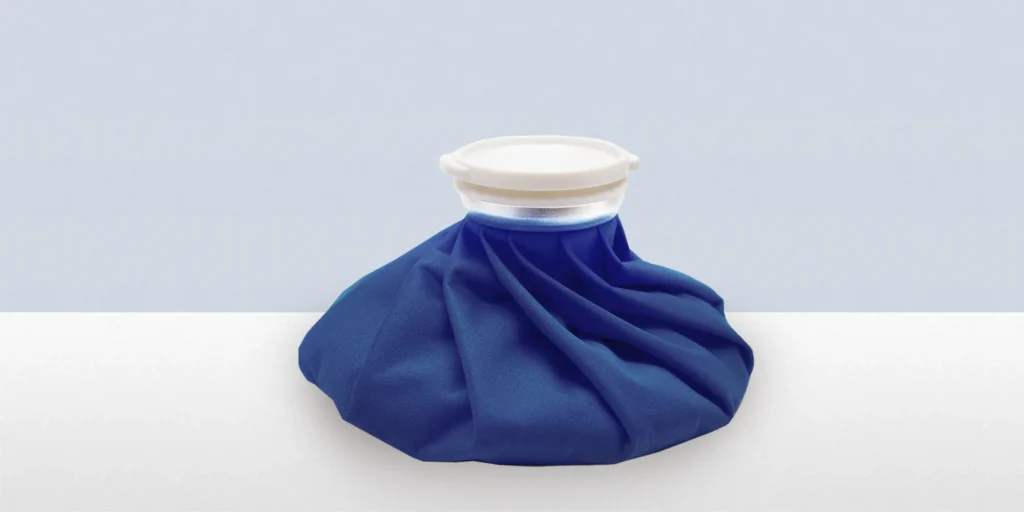
Using a warm compress is an excellent way to relax the built-up mucus, loosen them and expel them from your body.
Directions:
- Fill the compress with warm water and place this on your chest for 15 minutes.
- Repeat the process every night until you see the phlegm coming off.
5. Onion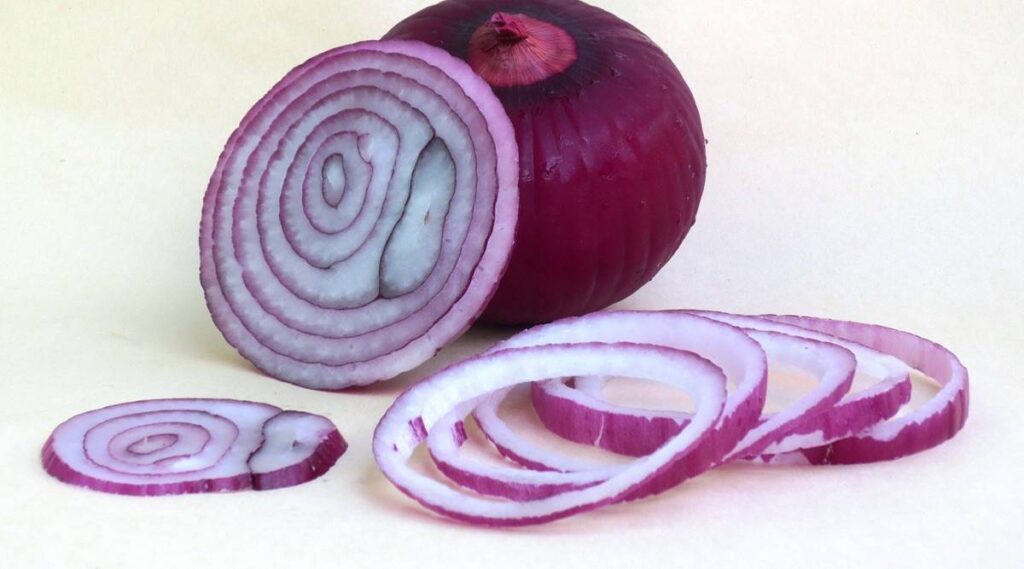
It looks like onions are nothing to cry over. These flavored bulbs in your kitchen are full of healthy nutrients, antiseptic and antimicrobial properties. It has more than 25 active components to relieve your congested chest. (6)
Directions:
- In a glass of warm water mix 1 teaspoon of onion paste, lemon juice and honey each.
- Drink this potion thrice a day to see the results soon.
6. Ginger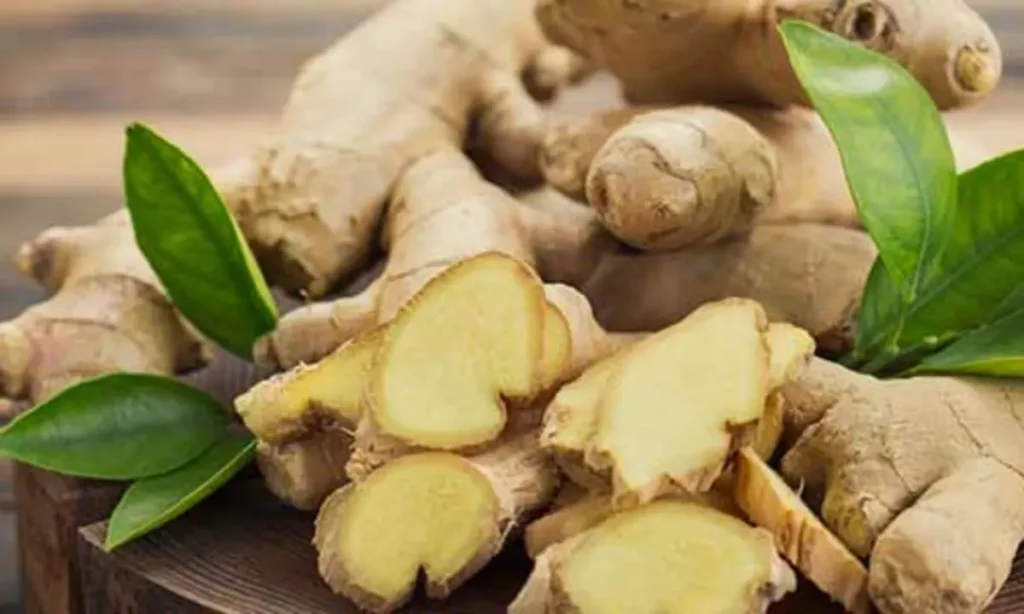
Ginger is not just a great ingredient to spice up your non-veg dishes. It is one of the key elements of Ayurveda. Since ancient times people are using it for home remedies and as a culinary ingredient.
Ginger has powerful antimicrobial properties such as phytochemicals, and polyphenols.
These properties can kill the bacteria and prevent the excessive production of mucus. Ginger has immune boosting properties as well to defend your body against bacterial attack. (7)
Directions:
- Boil 3-4 pieces of ginger for 15 minutes.
- Now, strain the ginger solution and mix a tablespoon of honey with it.
- Drink it lukewarm twice a day.
7. Turmeric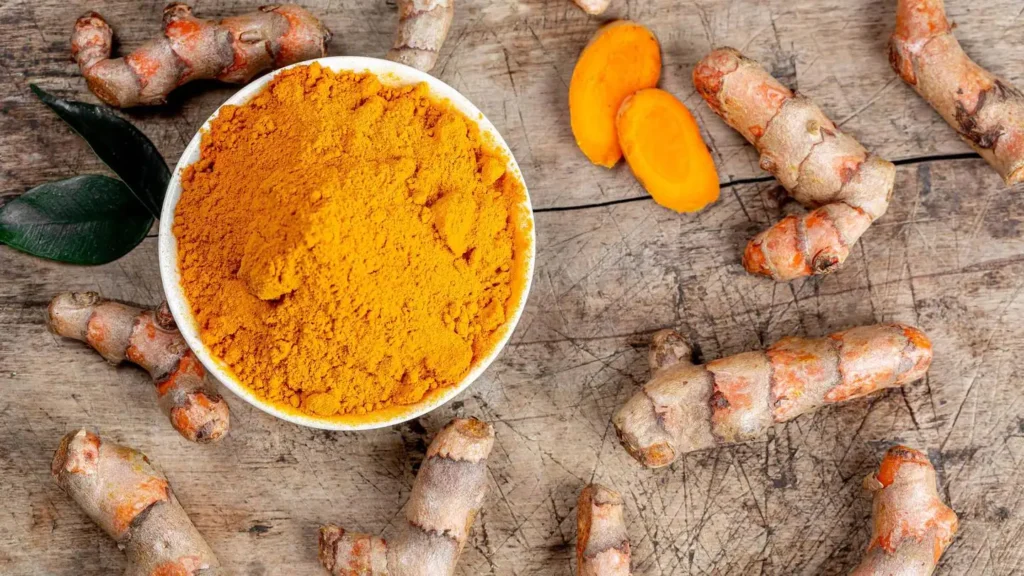
You’ll be surprised to know that turmeric has a long tradition in Indian culinary and Ayurvedic history.
The health benefits of this herbal root come from its most active compound- curcumin 1.
A 2015 medical journal on curcumin reveals some fascinating facts about curcumin 1; present in turmeric.
It shows that curcumin 1 has strong anti-bacterial potency against four different types of infections. (8)
So, you can be cocksure about the success of this method.
Directions:
- Make a paste by mixing ½ teaspoon of turmeric powder with 1 teaspoon of honey.
- Consume the paste whenever you have irritation on throat and coughs.
- You’ll get good results in a week.
8. Epsom Salt Bath
Epsom salt or magnesium sulfate is an alternative remedy for many health problems. Adding this time-tested therapeutic mineral with your bath can relax your muscles, detoxify your body and help relieve congestion. (9)
Directions:
- Add 2 cups of Epsom salt with your bath water and indulge in the restorative shower for 30 minutes.
- You can mix lavender or chamomile essential oils in the water for rejuvenating aroma and extra anti-inflammatory properties.
- Epsom salt bath can be your nightly ritual before you hit the pillow for a sound sleep.
- Have an Epsom salt bath every alternative day.
9. Consume Warm Liquids
Drinking water to benefit your health may sound clichéd, but it does work marvels. Especially warm liquids can help loosen the accumulated mucus in your chest and clear it out. Liquids of any kind can also moisten your dry throat and relieve the irritation.
Directions:
- Switch to drinking hot water when you are down with chest congestion.
- Chicken soup is not only delicious but also contains carnosine. This anti-inflammatory property can give relief from congestion. (10)
- Consume your favorite blend of tea with a dash of lemon or ginger.
10. Pineapple Juice
Pineapple is full of vitamin C, antioxidants, and anti-inflammatory properties. It can detoxify your body and clear out the clogged up mucus from your chest. (11).
Directions:
Simply, blend a pineapple and get some fresh juice from it.
Drink the juice twice a day or between meals to get rid of your chest congestion.
Essential Oils for Chest Congestion
Essential oils are the essence of different plants and flowers. (12)
They are potent antidotes to all kinds of respiratory infections. A 2001 study shows the amazing effects of peppermint, thyme, oregano, eucalyptus and tea tree oil in battling respiratory disorders and congestions of the chest. (13)
11. Peppermint Essential Oil
Peppermint essential oil is popular for its refreshing fragrance.
This herbal oil is rich in chemical compounds such as menthol and rosmarinic acid. These compounds help to loosen the accumulated mucus and expel it from your body.
You can use this essential oil through a steam therapy and breath in its healing vapor. It’ll clear your clogged up nasal passages, the throat, and the chest. This herbal oil can help you prevent tuberculosis and asthma as well. (14)
Follow the directions given below for a peppermint oil steam therapy.
Directions:
- Mix 4 drops of peppermint essential oil in a bowl of warm water.
- Wrap your head with a towel and bend over the bowl.
- Inhale the steam coming out of the bowl for 15 minutes.
- Repeat the process twice a day to relieve chest congestion.
RELATED: 12 Uses and Health Benefits of Peppermint Oil
12. Eucalyptus Essential Oil
Eucalyptus essential oil comes from the leaves of the eucalyptus tree. This watery and earthy scented oil has a wide range of uses in the medical and industrial sectors.
This herbal oil is rich with anti-bacterial properties to battle the infections and viruses responsible for respiratory disorders and chest congestion. (15)
Directions:
- Mix 3 drops of eucalyptus oil with 1 tablespoon of coconut oil.
- Now massage this blend on your chest and sinuses for 10 minutes.
- Repeat the process every night before going to bed.
13. Oregano Essential Oil
Spicy flavored oregano essential oil is extracted from the oregano flowers and leaves. This herbal oil has a golden color. It has a long list of antibacterial and anti-inflammatory properties to deal with respiratory disorders, coughs, and colds.
You can massage or have a steam therapy with this oil to relieve chest congestion. (16)
Directions:
- Dilute 3 drops of oregano oil with 1 tablespoon of jojoba or coconut oil and massage on your chest.
- Alternatively, you can add a few drops of the oil into a warm bowl of water and inhale the steam for 15 minutes.
- Repeat the process twice daily.
14. Lemongrass Essential Oil
Tall and spiky lemongrass is an irreplaceable ingredient in Thai cuisine. You’ll be surprised to know that lemon essential oil comes from the lemongrass plants.it has a rejuvenating lemony fragrance and a yellow hue.
Lemon essential oil is a storehouse of medicinal properties such as antibacterial, antifungal, and antiseptic components. These properties make this herbal oil an ideal agent to battle respiratory disorders and chest congestion.
Directions:
- Add 3 drops of lemongrass oil with 1 tablespoon of carrier oil.
- Now, massage the blend on your congested chest, and back.
- Repeat the process every night before you hit the bed.
15. Thyme Essential Oil
Thyme is an evergreen herb that belongs to the mint family. We get a potent medicinal oil from this herb- Thyme essential oil. This herbal oil is a ‘cure-all’ in home remedies because of its anti-rheumatic, anti-inflammatory, and analgesic properties.
A massage or steam inhalation of this oil can relieve you from the pain and discomfort of accumulated phlegms and congestion. (17)
Directions:
- Mix 3 drops of thyme oil with 1 tablespoon of carrier oil.
- Now massage the blend into your chest, neck, throat, and back.
- Repeat the process regularly until the accumulated mucus comes out.
16. Lemon Juice
Lemon is popularly regarded as the best source of vitamin C and minerals. The citric acid in lemon makes it a potent home remedy for chest congestion, cough, and cold. Lemon juice can break down the old greenish phlegm or mucus congested in the chest.
Moreover, the essential nutrients in the citrus fruit can boost the immune defense of the body against cold and flu.
Directions:
- Add 1 tablespoon of fresh lemon juice and 1 teaspoon of honey to a glass of lukewarm water and stir well.
- Consume this drink thrice daily to relieve chest congestion and cough.
- Additionally you can gargle using the same drink to cure sore throat.
RELATED: Lemon Juice for Acne : 8 Simple Home Remedies
17. Licorice Root
Sweet flavored licorice roots come from perennial legume in Southern Europe and Asia. People in various cultures have been using the medicinal roots for thousands of years. Licorice root is a traditional home remedy for stomach flu, leaky gut, heart burn, stress, etc.
The expectorant and anti-inflammatory properties in licorice roots can relieve chest congestion and related symptoms.
Directions:
- Mix 1/2 teaspoon of licorice powder to warm water.
- Add 1 teaspoon of honey to the solution and stir well.
- Consume the drink thrice daily.
Additional Tips and Precautions
- Be careful of using essential oils. You should stick to the amount as directed above. Make sure that the oil doesn’t enter your eyes or any other sensitive organs.
- Smoking and consuming alcohol may worsen the respiratory infection. So avoid these when you are suffering from a congested chest.
- There is no alternative to hydrating your body by consuming enough water. But make sure to avoid cool water and carbonated beverages.
- You may use a humidifier to increase the moisture of the air. Dry air may lead to coughing by irritating your airways in the nose and the throat.
- You can add a few drops of your favorite essential oil in a humidifier. The humidifier will break the oil components and spread it in the room. Thus you’ll breathe in air that is full of anti-inflammatory properties and can relieve congestion.
- You should avoid refrigerated foods, cold drinks, dairy products, etc. because these can worsen the chest congestion.
- Chest congestion may leave you dizzy and tired because of incessant coughs and sleepless nights. So take enough bed rest to keep your immune system strong.
Bottom Line
Chest congestion is a painful and annoying experience. However, you can naturally get rid of chest congestion by following any of the methods discussed above.
Let us know which of the method works the best for you. Share your experience in the comment section below.
Read more: 11 Simple Home Remedies for Nasal Congestion (& How to Use Them)
